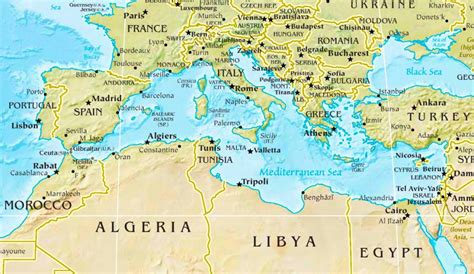Shop by Designer
From Gucci to Prada, we’ve got it — same materials, same quality.
Can’t find your brand? Get in touch and we’ll get you sorted!
DESIGNER SHOE ARRIVALS
Find a pair that’ll turn heads — as always, same materials, same quality.
reddit where to buy herman miller
At geopoliticsmadesuper mall, we’re the go-to source for top-tier replica designer handbags. Our selection is unmatched, featuring the latest 1:1 designer replicas that mirror their high-end counterparts down to the stitch.
Cartier ® Fine watches (Ballon Bleu de Cartier, Tank.), jewellery, wedding and engagement rings, leather goods and other luxury goods from the famous French. Go to main content Current Promotions. SHOP WITH CARTIER ONLINE, EXPRESS DELIVERY ON EVERY ORDER + More information-Hide..
Tank jewelry watch, large model, quartz movement. 18K rose gold (750/1000) case and bracelet set with 348 brilliant-cut diamonds totaling 6.51 carats, amethysts, coral, chrysoprases, 18K ..


































































